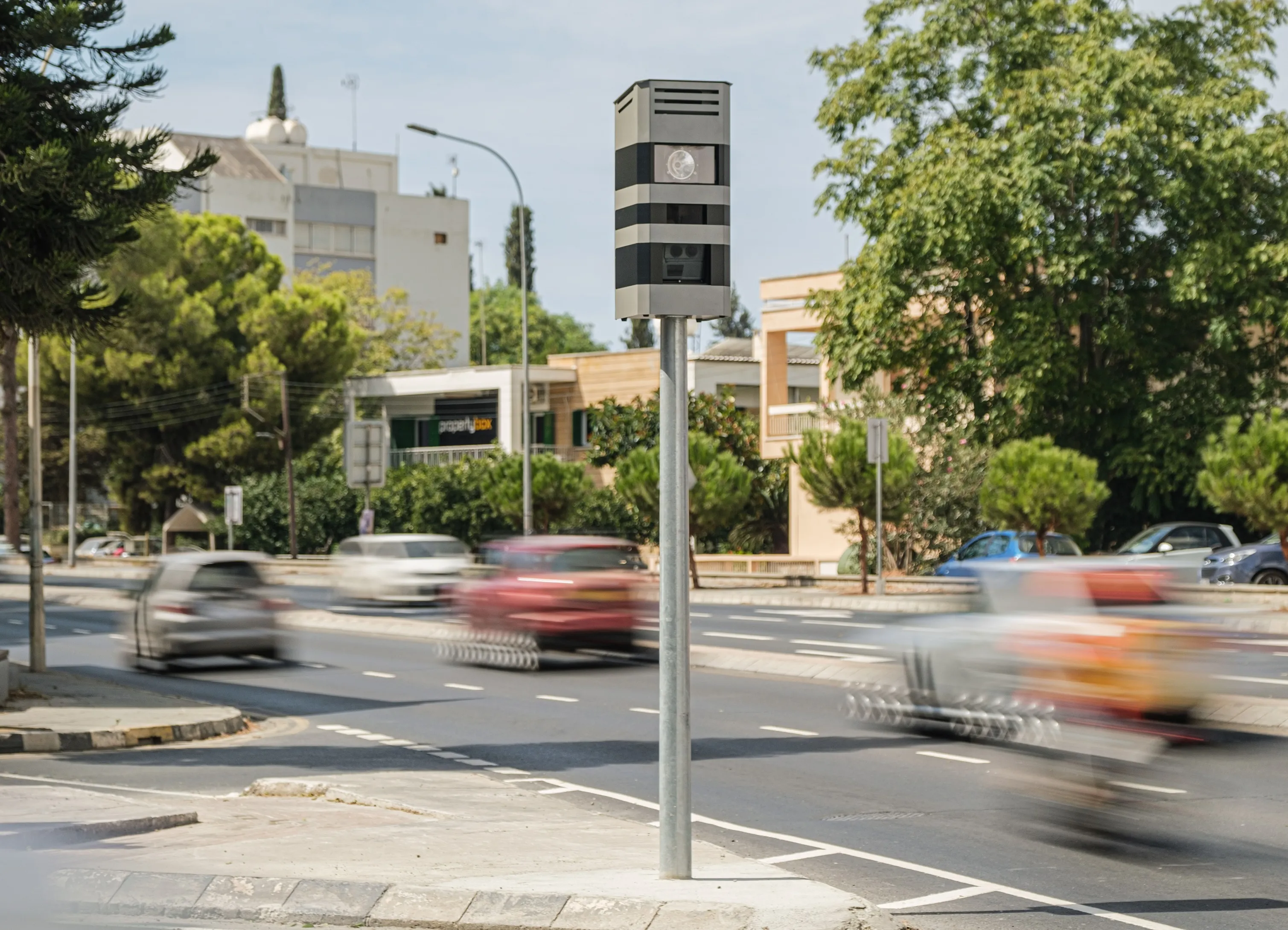The EU's TEN-T Programme is to provide funding of over US$16 million for the development and installation of the common European Train Control System (ETCS) in Belgium, Luxembourg, Denmark and the UK. The new system is expected to improve the interoperability, safety, reliability and capacity on European railways.
Seven separate projects aim to contribute to the deployment of the European Rail Traffic Management System (ERTMS) in the EU and enhance interoperability of European rail services. While increa
April 15, 2015
Read time: 2 mins
The EU's TEN-T Programme is to provide funding of over US$16 million for the development and installation of the common European Train Control System (ETCS) in Belgium, Luxembourg, Denmark and the UK. The new system is expected to improve the interoperability, safety, reliability and capacity on European railways.
Seven separate projects aim to contribute to the deployment of the European Rail Traffic Management System (ERTMS) in the EU and enhance interoperability of European rail services. While increasing the overall capacity of the rail network, the projects are expected to boost freight and passenger traffic safety and improve the timekeeping of trains.
Nearly US$7.4 million of the total amount will go to ETCS deployment in Belgium, where the system will contribute to the national rail fleet upgrade programme.
Luxembourg-based companies will receive over US$3.7 million to equip and upgrade 85 locomotives with ETCS, enabling their operation on ETCS-equipped railway lines in Belgium, The Netherlands and Germany.
The Danish train fleet may become the first in Europe to fully use ETCS , where EU funding of almost US$4.2 million will support the prototyping, installation and testing of ETCS on-board equipment on 52 Danish locomotives currently in use. It is part of the Danish national programme aiming to renew the entire signalling system on the country's rail network by 2021.
The UK will receive UA$798,000 to equip ten TRAXX locomotives with ETCS, allowing their operation in Germany, Switzerland, Austria and Italy.
The projects were selected for EU funding with the assistance of external experts under the TEN-T Multi-Annual Call 2013, priority 'European rail traffic management system'. Their implementation will be monitored by INEA, the1690 European Commission's Innovation and Networks Executive Agency. The projects are to be completed by December 2015.
Seven separate projects aim to contribute to the deployment of the European Rail Traffic Management System (ERTMS) in the EU and enhance interoperability of European rail services. While increasing the overall capacity of the rail network, the projects are expected to boost freight and passenger traffic safety and improve the timekeeping of trains.
Nearly US$7.4 million of the total amount will go to ETCS deployment in Belgium, where the system will contribute to the national rail fleet upgrade programme.
Luxembourg-based companies will receive over US$3.7 million to equip and upgrade 85 locomotives with ETCS, enabling their operation on ETCS-equipped railway lines in Belgium, The Netherlands and Germany.
The Danish train fleet may become the first in Europe to fully use ETCS , where EU funding of almost US$4.2 million will support the prototyping, installation and testing of ETCS on-board equipment on 52 Danish locomotives currently in use. It is part of the Danish national programme aiming to renew the entire signalling system on the country's rail network by 2021.
The UK will receive UA$798,000 to equip ten TRAXX locomotives with ETCS, allowing their operation in Germany, Switzerland, Austria and Italy.
The projects were selected for EU funding with the assistance of external experts under the TEN-T Multi-Annual Call 2013, priority 'European rail traffic management system'. Their implementation will be monitored by INEA, the








